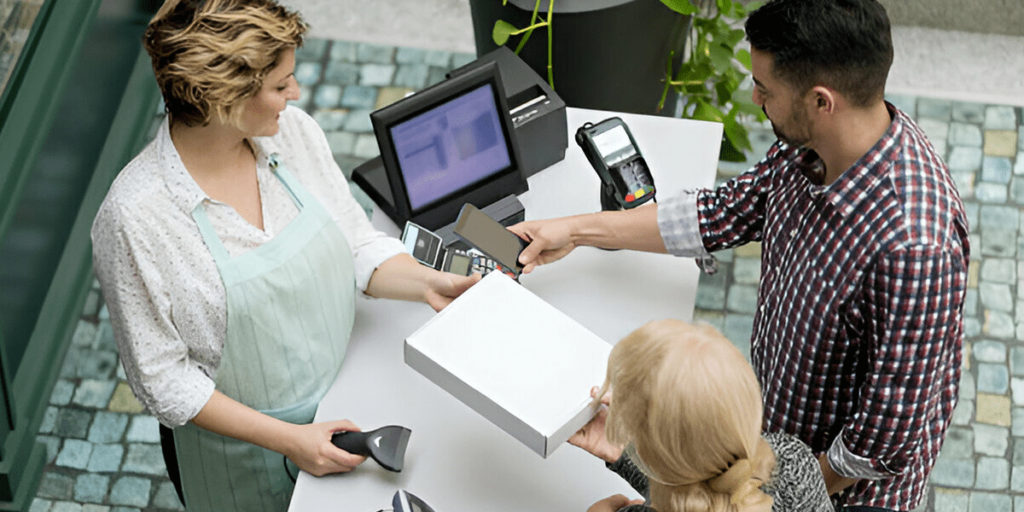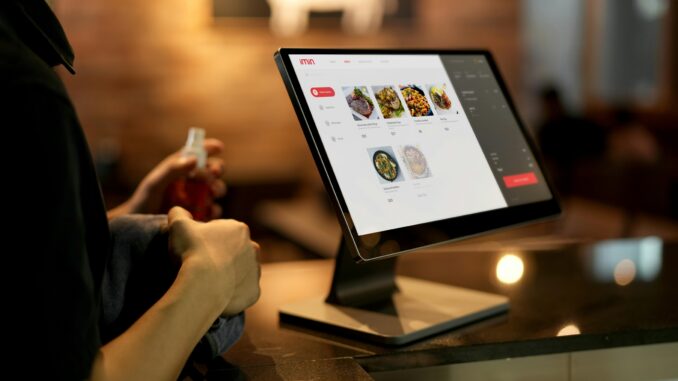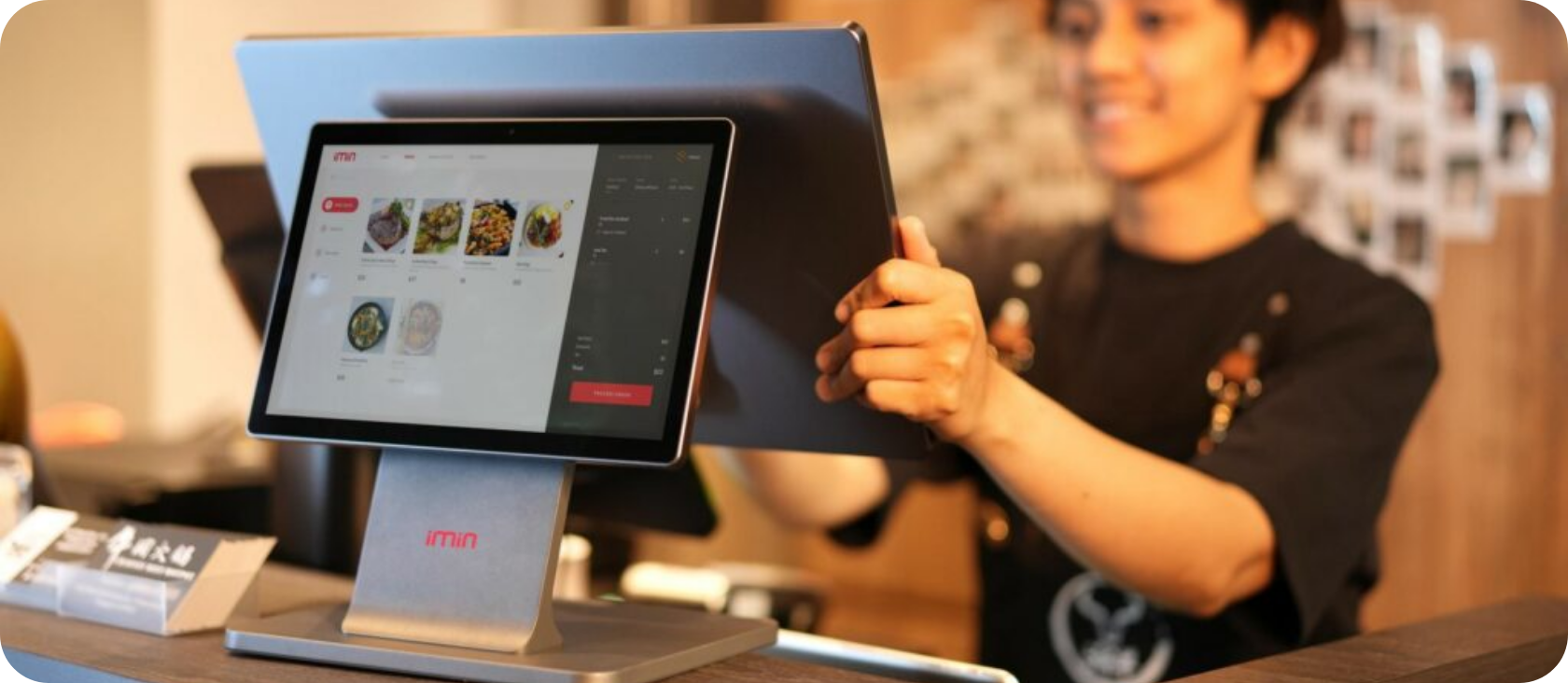How POS Helped a Franchise Scale Efficiently: A Case Study on Streamlined Operations and Growth

As franchises grow, so do their operational challenges. From managing multiple locations and maintaining consistent customer experiences to handling inventory and payroll across regions, scaling can quickly become a logistical nightmare. However, for many franchises, adopting a modern Point of Sale (POS) system has been a game-changer. A robust POS solution not only simplifies day-to-day operations but also plays a pivotal role in scaling a business efficiently.
This blog explores how a POS system helped one franchise streamline its operations, scale effectively, and improve profitability.
The Frustration Before POS Implementation
For franchises operating across multiple locations, manual processes and outdated technology can quickly create a host of challenges. For example, inventory management and financial reporting often become inconsistent, leading to inaccurate data and mismanaged resources. Customer experiences can also suffer if each location operates under different standards or lacks integration between systems.
One franchise, a popular fast-casual restaurant chain, struggled to keep its operations running smoothly across its expanding portfolio of locations. The franchise had been using a traditional, outdated POS system that didn’t offer the centralized reporting or scalability required for a growing operation. As they added more locations, the following issues became increasingly difficult to ignore:
- Inconsistent reporting: Each store used different methods to manage inventory and sales, making it difficult for headquarters to get a real-time snapshot of performance across locations.
- Employee inefficiency: Outdated POS systems lacked integration with scheduling and payroll tools, requiring franchisees to manually calculate hours and wages.
- Inventory control problems: The system did not automatically track stock levels or reorder supplies in real time, leading to stockouts and waste.
As a result, the franchise was facing rising costs, lower profit margins, and inefficiencies in scaling their operations.
The Shift to a Modern POS System
To address these issues, the franchise decided to invest in a cloud-based, scalable POS system that could grow with the business. This new system provided centralized control, allowing corporate headquarters to manage multiple locations from a single dashboard. Here are the key ways the POS system helped the franchise scale efficiently:
1. Centralized Reporting and Analytics
One of the most significant improvements was the ability to access real-time sales data from all locations through a centralized dashboard. With the new POS system, franchise owners could monitor individual location performance, track best-selling items, and assess customer behavior instantly. These insights allowed them to:
- Identify trends and make data-driven decisions.
- Manage marketing campaigns and promotions more effectively across all locations.
- Ensure that top-performing products were consistently stocked, reducing waste and increasing sales.
The POS system turned data into a strategic advantage, enabling the franchise to make informed decisions quickly.
2. Streamlined Inventory Management
Inventory management became much easier with the new POS system. The system automatically tracked stock levels in real time, sent alerts when supplies were running low, and even helped with the automatic reordering process. This eliminated human error, minimized stockouts, and prevented overstocking, saving both time and money. The result was a more consistent product offering across all franchise locations.
Franchise owners could now maintain optimal stock levels at every location, ensuring customers always had access to their favorite menu items, and the franchise could meet demand without over-investing in inventory.
3. Improved Employee Management
A modern POS system doesn’t just handle transactions; it integrates seamlessly with employee scheduling and payroll systems. The franchise was able to streamline its workforce management across all locations by integrating employee hours directly with the POS system. This meant:
- Accurate payroll processing: Employee hours were tracked automatically, eliminating manual timecards and reducing errors in payroll.
- Labor cost optimization: The franchise was able to forecast labor needs based on real-time sales data, ensuring each location was staffed appropriately without overstaffing.
- Simplified training: New staff members could be trained quickly on a user-friendly, intuitive system that reduced learning time and confusion.
4. Enhanced Customer Experience
With a modern POS system, customer experience improved significantly. The system allowed for faster transactions, reducing wait times during peak hours and improving customer satisfaction. Additionally, the POS system’s integration with loyalty programs meant that customers could earn rewards, receive personalized offers, and enjoy a more tailored experience across every location.
5. Scalability for Growth
Perhaps the most critical benefit of the new POS system was its scalability. As the franchise expanded to new locations, the POS system made it easy to add new stores and integrate them into the existing infrastructure. Whether the franchise opened in a new city or region, corporate headquarters could manage operations seamlessly through the same system, without having to install new software or retrain employees.
Conclusion: The Power of a Robust POS System
For franchises, scaling efficiently requires a combination of streamlined operations, real-time data, and flexibility. By upgrading to a modern POS system, this franchise was able to centralize operations, improve inventory control, enhance customer service, and reduce costs. The results were clear: greater operational efficiency, improved profitability, and the ability to scale smoothly into new markets.






